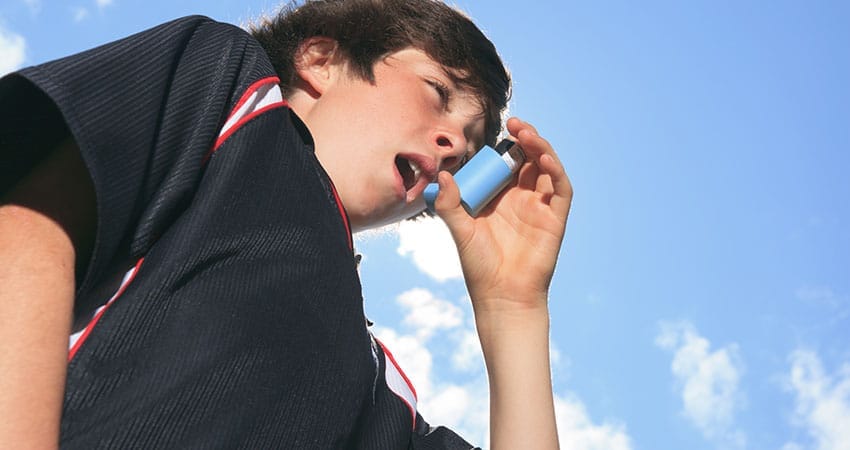Allergies can be very unexpected. They can get aggravated by the simplest of things and at the most unexpected times when it’s difficult to reach an allergy specialist. Here are some reasons why your allergies are worse at night time.
The Temperature Is Colder
Nights are always usually a little bit colder, no matter how hot the place might be in the day. Viruses and allergens have a tendency to thrive in colder temperatures, this is why people tend to have severe allergic reactions in the winter months.
One of the reasons why your allergies might be worse at night time is because of this temperature drop. What you can do to adjust to the temperature is to have a blanket with you and keep the surrounding temperature in your room a bit higher.
Dust Mites
Dust mites are also a very common reason why allergies get worse. Mites can usually take refuge in your bed and when you go to sleep at night, the mites can find a way from the bed into your body through your nose or mouth. Your bed is the perfect breeding ground for mites and insects and this is why your allergies can take a turn for the worse.
Mites and bed insects can creep out at night and they are nocturnal beings which means that they are more prone to be active at night. If you have a dust mite allergy and have a severe allergic reaction to insects and mites, then this might be a problem for you.
Pollen And Wind Speed
As the temperature drops, the wind can also pick speed. With high wind speed, the allergens also have a greater chance of traveling from one place to another faster. Pollen and dust are the main agents which can travel with the wind. During the night, the wind can take a lot more pollen and dust with it.
The best thing to do is to keep your windows closed and make sure that you have zero contact with the outside environment. This will save you from a lot of unexpected allergic reactions and you will feel a lot better yourself.
Insects Creep At Night
A lot of insects, like cockroaches and bees, can also creep and attack at night. This can be a huge problem for people who suffer from allergies caused by insects. Insect bites can be quite detrimental to people who have an allergic reaction to them. Cockroaches appear mostly at night and in isolated places of the house. The best thing you can do is to make sure that all of these insects are exterminated. This is the only solution to keeping insects at bay.
Damp Areas Of The House
During the night, the moisture content of the atmosphere also increases. This means that your house can get damp and wet very quickly. This can be a problem if you are allergic to molds and fungus. Moisture and wet areas around the house are the perfect breeding place for fungus and mold and this can lead to a lot of allergies and reactions.
You want to make sure that your house is dry at all times and this can be done by good ventilation, avoiding wood furniture or fixtures in your home, and fumigating the entire place if you suspect that there are fungus and molds around the house.
Your Body’s Immunity
Your body is also naturally weaker at night. Your body goes through a healing process when you are sleeping, but before that, your body is at its lowest, immunity-wise. You are a perfect target for things like allergens and this will make matters worse for you if you are not careful. Try to keep your immunity up by eating good foods, a balanced diet, and keeping yourself active. You will see a world of difference in your health and overall well-being.
Conclusion
There you have it! Allergies have a tendency to spike during the night hours because the temperature can be colder, the wind might pick speed, etc. Now that you know the reasons why allergies spike at night, you can prevent and treat them as per your requirement. Visit an allergy center for the diagnosis of the type of allergy you have and the allergens that trigger your allergies to reduce your exposure to them.



